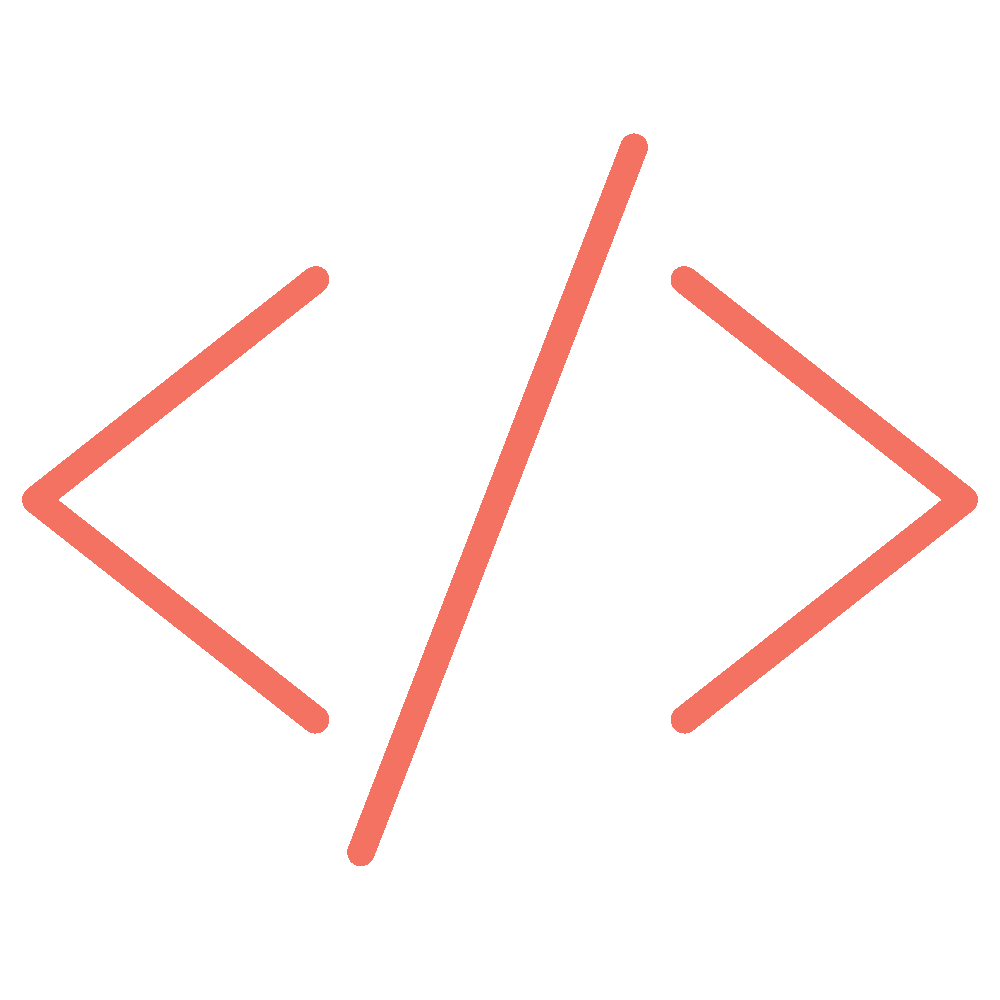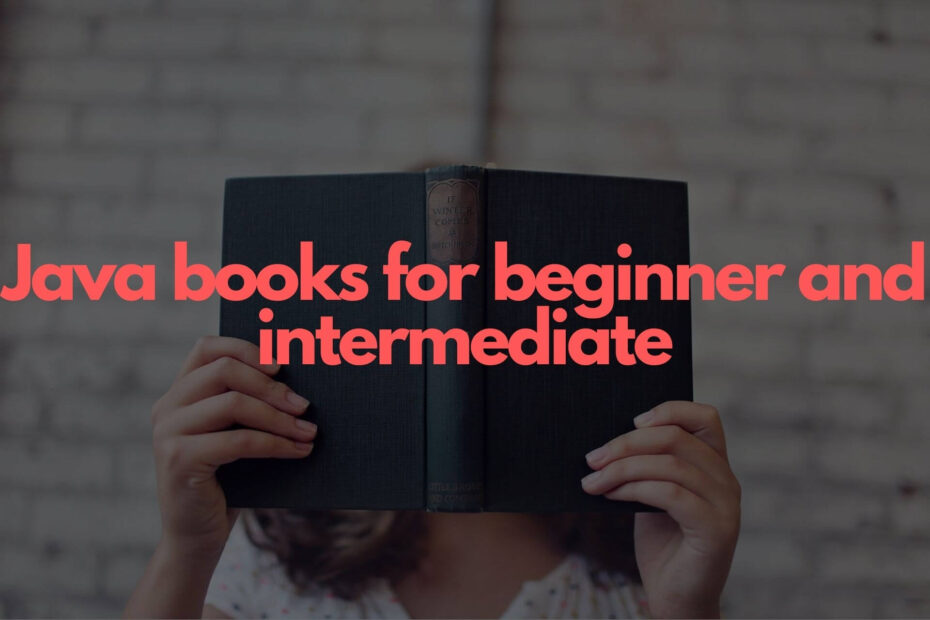Best Java Books for Beginners and intermediate of 2021
Share Post with your friends
Java is one of the world’s most popular programming languages because it can be used to create many applications for a wide range of purposes. When a programmer first begins learning Java, the first thing they ask is, “Which book should I use to learn Java?” or “What is the best book to learn Java for beginners?” or “Can you recommend any excellent Java books?” That alone demonstrates the importance of Java books for programmers, particularly novices.
In this post, we have collected a list of the finest Java books for both beginners and experienced programmers.
Each of these books is highly popular, so it is up to you to select the ones that appeal to your learning preferences.
Whether you are entirely new to Java or have been programming in Java for some time, these books will teach you a lot of new stuff.
So, without further debate, let’s have a look at them!
Table of Contents
Books for Beginner
Head First Java by Bert Bates and Kathy Sierra
If you can’t picture a good explanation without an appropriate visual, such as a scheme, diagram, or graphic art, this book for beginners is for you. It’s likely the finest introduction to Java, focusing on real-world examples to illustrate the basic language and OOP principles. Despite the fact that it is a book, it has a very user-friendly interface. you will be interested from the first page until you finish it. You won’t immediately start coding after reading this book, but you will grasp the logic of the language and its key principles without any difficulty. Each chapter concludes with activities and riddles that will assist you in understanding the topic.
The simplicity and super-effective real-life analogies that relate to Java programming fundamentals are the most key selling aspects of Head First Java. It is also the finest book for learning Java and getting started with Java Development. Head First Java covers nearly all OOPS principles and discusses them in detail.
Beginning Programming with Java For Dummies by Barry Burd
You have every reason to be sceptical of “the dummies series,” since they are useless to readers with even basic knowledge and comprehension of any topic. However, because of the clear language, they convey the essential terms easily and without ambiguity. After you finish the reading, you will understand the fundamentals of Java coding, such as how to install Java, compile code, and complete several practical tasks. It’s as simple as children’s novels.
Beginning Programming with Java For Dummies will teach you how to learn Java by starting with fundamental concepts such as variables, methods, loops and arrays, objects, classes, and so on. This book has also been updated with Java 9 so that you may learn the language with a variety of samples.
Java: Programming Basics for Absolute Beginners by Nathan Clark
Java: Programming Basics for Absolute Beginners is recommended for readers with no prior coding knowledge. It walks you through the fundamentals step by step. You’ll learn how to select an IDE and develop your first programme. The book introduces you to the Java Development Kit and the Java Runtime Environment, as well as an explanation of each element of the code in examples.
As you go through this book, you will learn the fundamentals of Java, as well as 57 practical examples. There are also several examples to demonstrate each topic, like Data Types, Variables, Constants, Operators, Loops, Decision Making, and so on.
It’s a fantastic place to start before diving into more significant matters.
Java: A Beginner’s Guide by Herbert Schildt
Don’t be put off by the title of the book, Java: A Beginner’s Guide, if you’re a seasoned Java programmer wanting to expand your Java expertise. It is, in reality, one of the most comprehensive Java books available. Anyone with a rudimentary understanding of programming can benefit from Java: A Beginner’s Guide. The Java book covers all of the Core Java principles. The most recent edition of Java: A Beginner’s Guide has been completely updated to incorporate Java 11 SE. The book includes many hands-on tasks as well as a quiz section at the conclusion of each chapter to allow readers to self-assess their knowledge.
In comparison to the preceding sources, this book needs a little more programming knowledge. It will help you better understand the roots of Java and how it relates to other programming languages.
Core Java Volume I — Fundamentals by Cay Horstmann
If you want to learn the foundations of Java, Core Java Volume I is the book for you! It will provide you with a thorough understanding of Java and APIs via the use of several examples, the majority of which illustrate modularization, demonstrating code that is easier to maintain and adapt.
Core Java Volume I – Fundamentals cover everything from variables, data structures, objects, and classes to advanced subjects including objects, generics, collections, lambda expressions, Swing design, concurrency, and functional programming.
Don’t be put off by the astounding 1000-page count; you can easily read this book from cover to cover. It drops the lighthearted tone and concentrates on comprehensive explanations of Java core. Overall, it is an excellent reference book. Read it once and return to it whenever you need to brush up on your information.
Books for Intermediate/Advanced Programmer
Java Performance: The Definite Guide by Scott Oaks
Some of the most advantageous elements of the Java programming language include garbage collection, JVM, and performance optimization. The Definite Guide to Java Performance addresses all three of these Java topics in a straightforward yet effective manner. Java Performance: The Definitive Guide instructs readers on how to maximise Java threading and synchronisation performance capabilities, increase Java-driven database application performance, deal with performance difficulties in Java EE and Java SE APIs, and much more.
This book will also show you how to take heap dumps and histograms in Java, and then introduce you to numerous techniques to reduce your heap memory footprint.
It also includes a section on JDBC and JPA performance. The key point is that it tells you how selecting the appropriate JDBC / JPA methods may greatly exceed the benefits of SQL query optimization.
Similarly, it contains an entire chapter dedicated to describing multi-threading difficulties, hazards, and the impact on performance. It covers advanced concepts such as ForkJoinPool and Java 8 Streams.
Head First Design Patterns by Elisabeth Freeman and Kathy Sierra
A solid understanding of OOP and design patterns is required for creating flawless Java programmes. Head First Design Patterns is one of the best books for developing that specific grasp of the Java programming language. Head First Design Patterns addresses numerous frequently asked concerns about Java, such as why composition is superior to inheritance and how to modify a class runtime behaviour without disturbing the already tried and proven code.
The most recent edition of Head First Design Patterns has been updated for Java 8. In contrast to previous publications that use a text-based approach, Head First Design Patterns uses a visually rich style that makes learning faster and more efficient.
Effective Java by Joshua Bloch
This is not a book for a total newbie, but it is must read for any Java developer. You can tell it was written by an expert with a solid practical background since it discusses the broad themes and the nuances. This book is useful if you wish to grasp the underlying processes and gain a sense of how and why things are organised the way they are. Each chapter has “items” with loads of practical advice and a good explanation of the most recent Java features. It will teach you how to write good code.
You will not complete your shift from Java developer to advanced Java developer if you have not read this masterpiece. Because of the substance, clarity, message, and style, this is the most recommended book for senior Java developers.
Java - The Complete Reference by Herbert Schildt
You probably won’t start learning Java from the very beginning with this book, but you will refer to it at some point because it is a well-structured, fully-featured source on Java programming with examples from real-world programming. It covers the Java 8 APIs and thoroughly discusses the fundamental ideas as well as those that go beyond. JavaBeans, servlets, applets, and swing are all covered in the “bonus” content. So having this book on your shelves is an excellent move.
If you are an intermediate or expert level Java programmer looking for a “back to the fundamentals” approach, this book is for you. It is a well-structured and comprehensive source on Java programming.
Clean Code by Robert C Martin
Clean Code is a famous Java programming book that teaches readers how to write better code. The clean Code is split into three parts. The first part discusses clean coding patterns, techniques, and concepts. The second section discusses a number of case examples of increasing complexity. Each of these is an exercise in code cleanup. The Clean Code’s third and final component is a single chapter that includes a collection of unwritten rules acquired while developing the case studies discussed in the previous section.
This book will teach you how to tell the difference between good and terrible code, as well as the fundamental concepts of producing clean, legible code that adheres to best practices.











